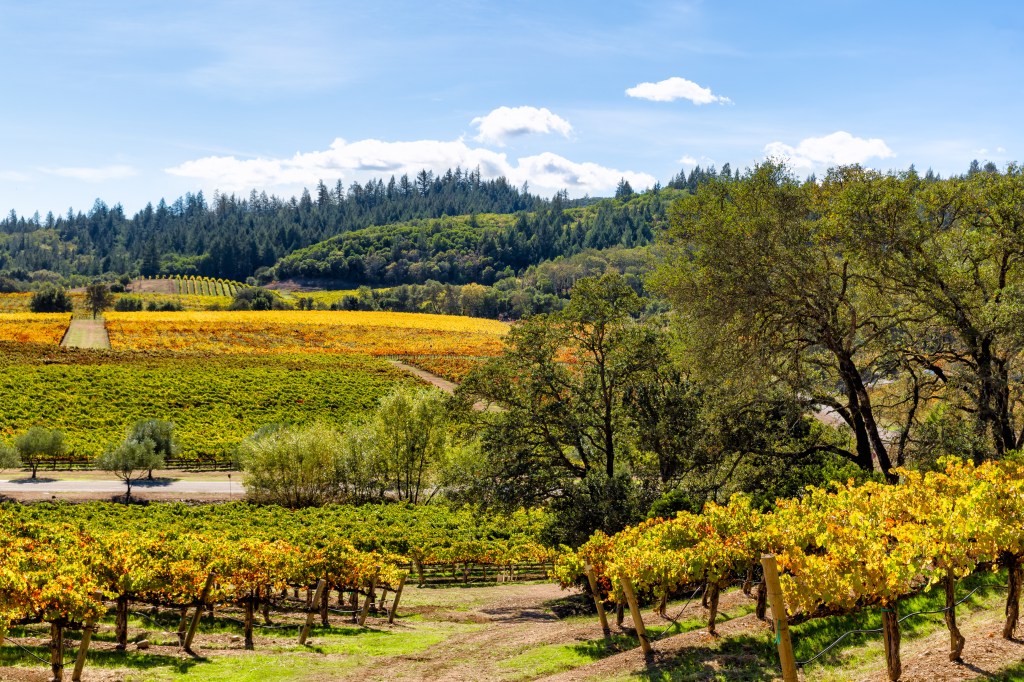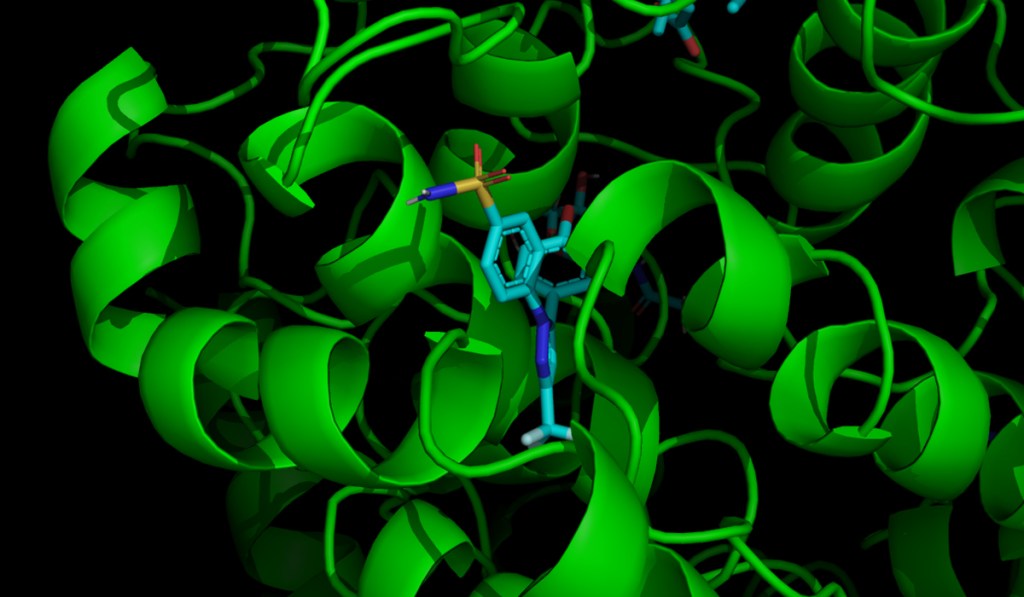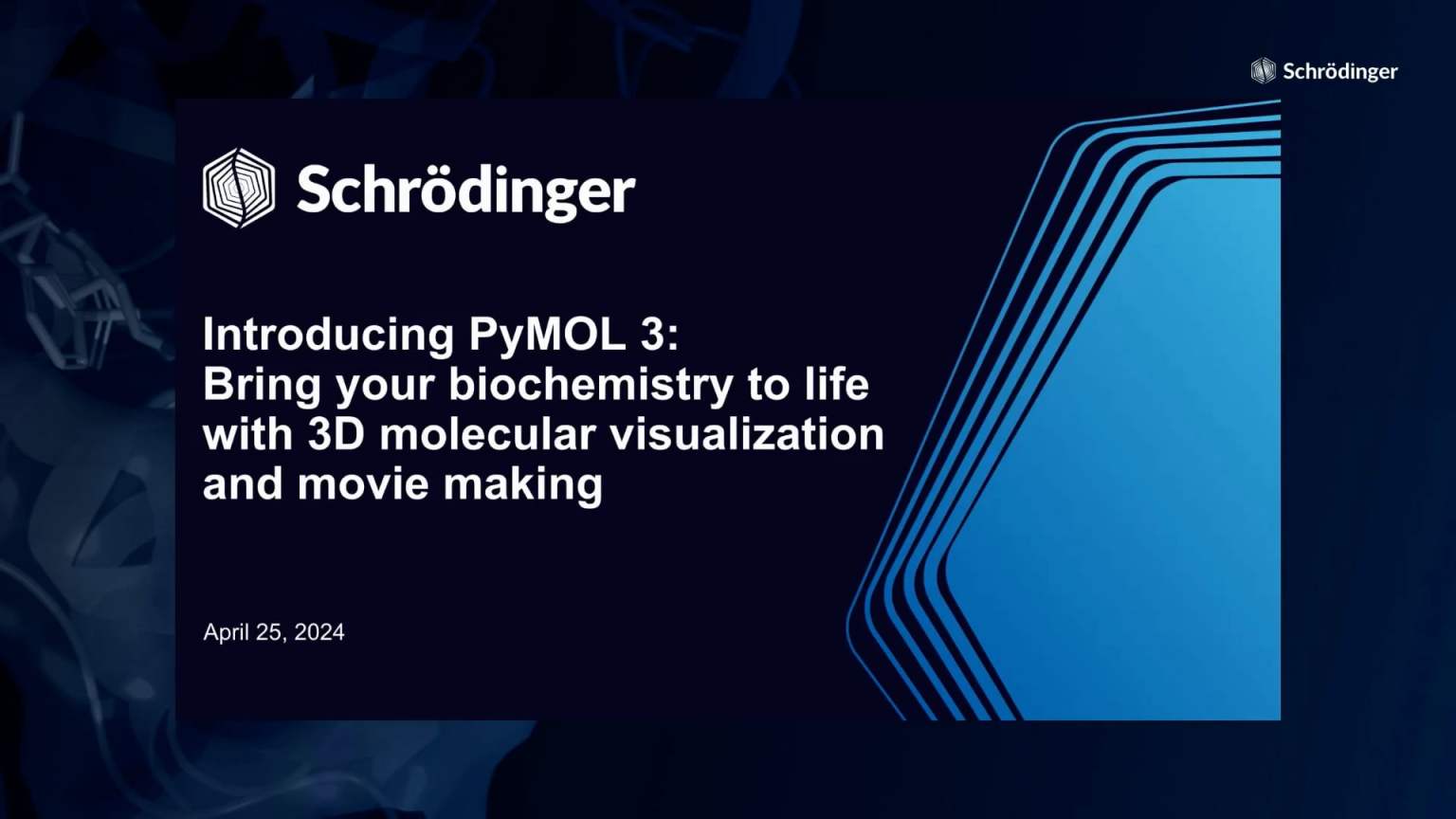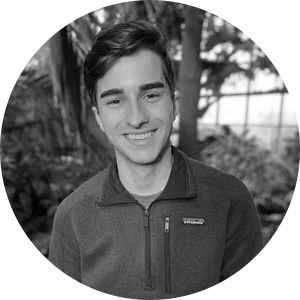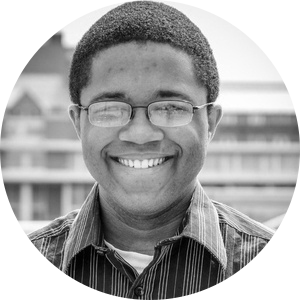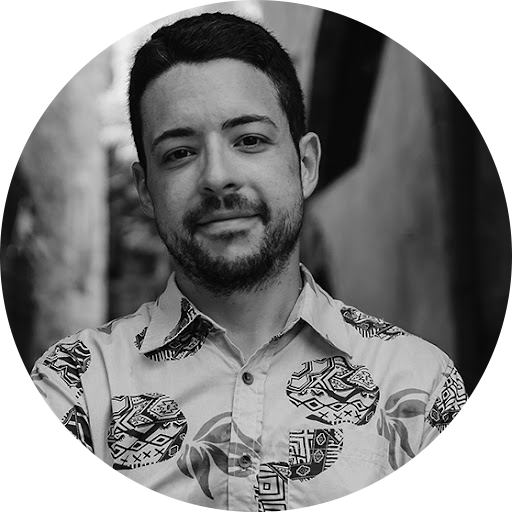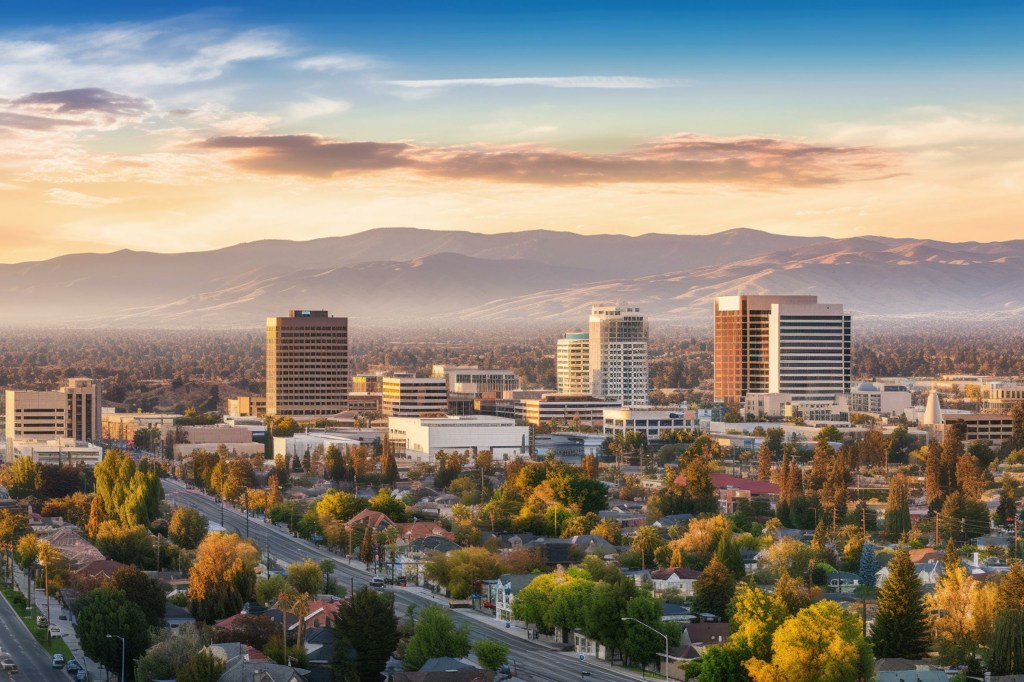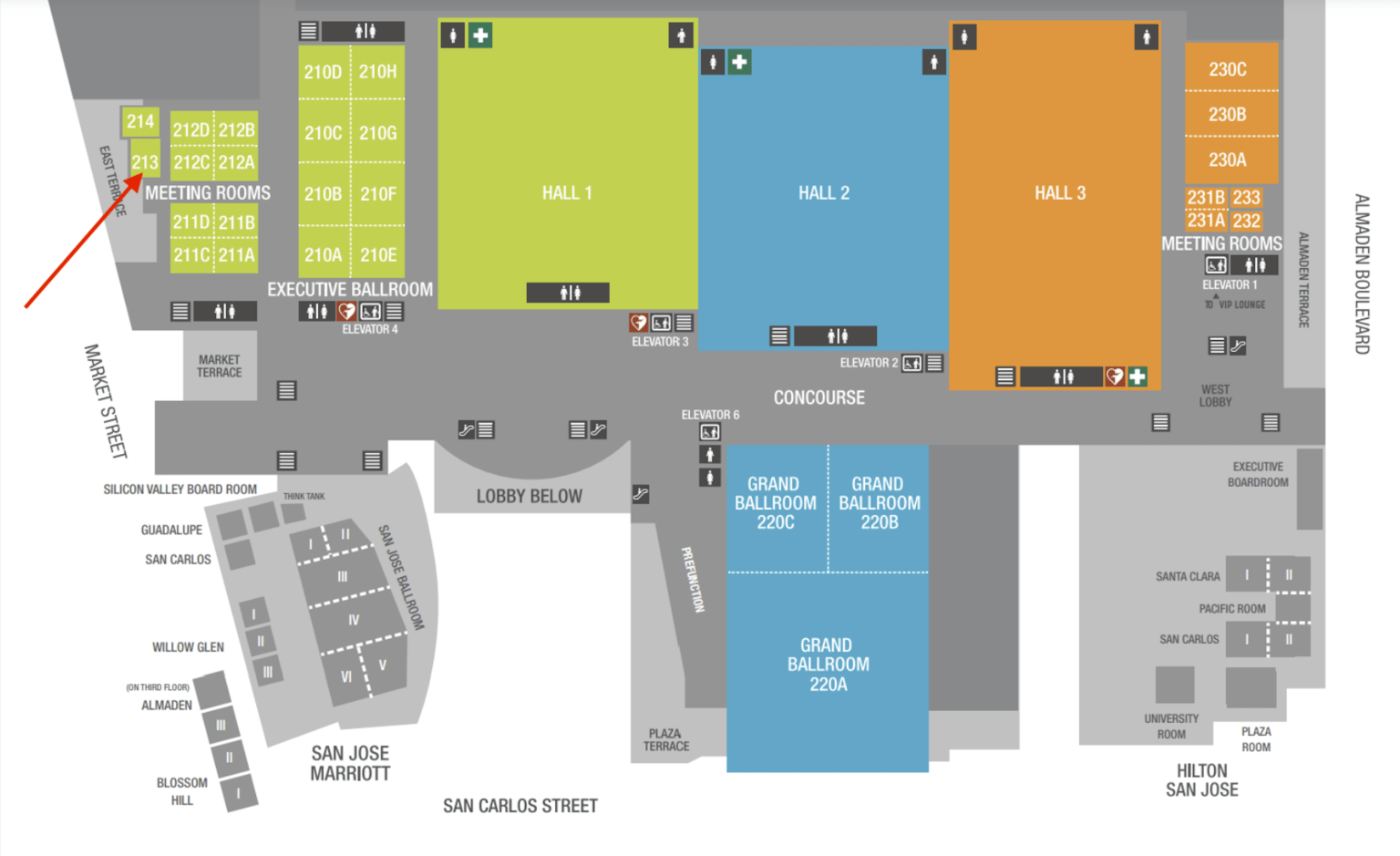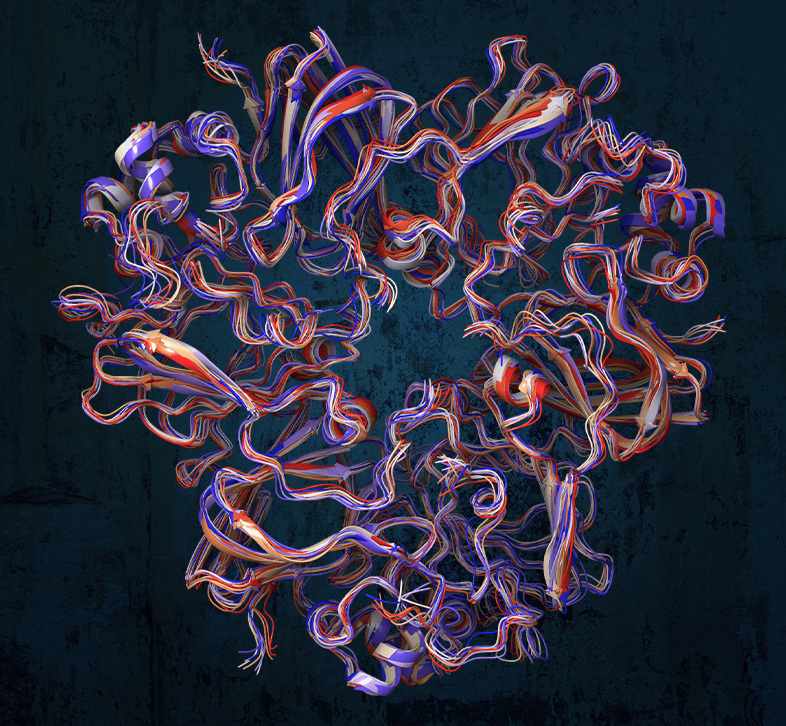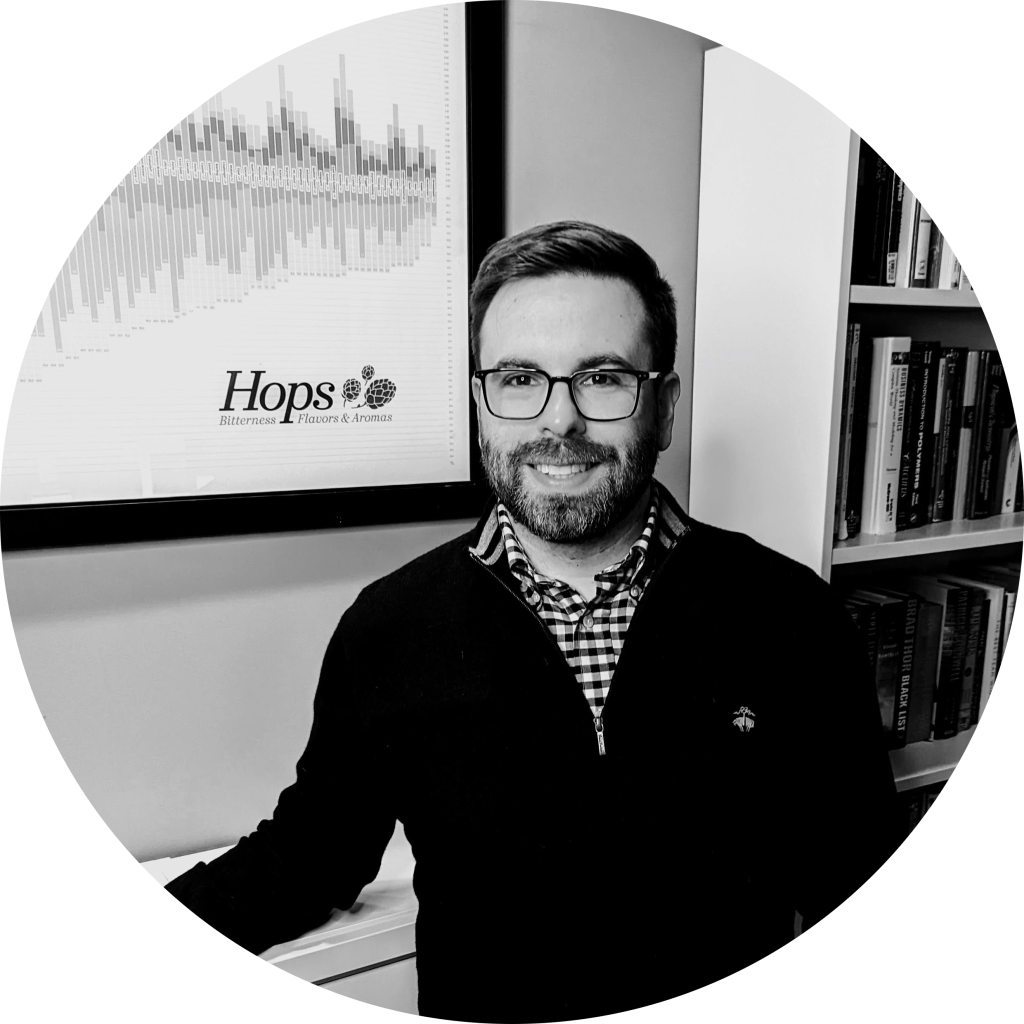Schrödinger US User Group Meeting
- September 17th-18th, 2024
- Vintners Resort, Santa Rosa, Sonoma County, California
We are pleased to invite you to the Schrödinger US User Group Meeting on September 17-18th.
This in-person event will bring together a dedicated group of users and Schrödinger team members from across the United States. The event will be held at the Vintners Resort in picturesque Santa Rosa, Sonoma County, California.
We are preparing an interactive program including scientific presentations, workshops, and panel discussions, as well as ample opportunities for networking during breaks. There will also be an evening social event featuring wine tasting at the Bricoleur Winery & Vineyard.
Event Highlights
-
Presentations from Eli Lilly, Genentech, Gilgamesh Pharmaceuticals, Janssen, Morphic Therapeutics, Novartis, Scorpion Therapeutics, and more
- Hands-on workshops outlining the latest developments of our molecular design platform
-
Schrödinger scientific presentations and technology roadmap
-
Interactive panel discussions
-
Opportunities for 1:1 meetings
-
Networking dinner and reception
Meeting Details
September 16th:
6:00 PM Welcome Networking Reception (optional)
September 17th:
9:30 AM Welcome and Hands-on Workshop: Prioritizing DLK inhibitors for potency, selectivity, and brain-penetration with the Schrödinger platform
12:00 PM Lunch
1:30 PM Afternoon User Talks & Panel – Emerging frontiers: Modeling of new and alternative modalities
6:00 PM Dinner and evening social event at Bricoleur Winery & Vineyard
September 18th:
9:00 AM Morning User Talks – The impact of ultra large-scale chemical space exploration
12:00 PM Lunch
1:00 PM Afternoon User Talks – Applying a predict-first approach to drug discovery programs
3:00 PM Schrödinger Keynote & Roadmap
4:30 PM Meeting close
Registration Details
We’ve negotiated special conference packages at the Vintners Resort in Santa Rosa, CA. The event fee includes hotel accommodation, breakfasts, lunches, and dinner on Sept 17th. Availability is limited.
Following your registration, you will receive an email from the event team to confirm your registration and payment details.
Getting There
By Air
- Charles M. Schulz-Sonoma County Airport (STS): Vintners Resort is a 10-minute drive from STS airport. Regular flights are available via Alaska Airlines, American Airlines, and Avelo. We suggest booking in advance to get the best prices.
- San Francisco International Airport (SFO): Vintners Resort is a 1 hour 30-minute drive from SFO airport. Regular flights are available to SFO via most major airports.
- Oakland International Airport (OAK): Vintners Resort is approximately a 1 hour 15-minute drive from OAK airport. Regular flights are available via major airlines.
- Ground shuttles will be provided at select times to arriving guests. Please send us your flight information so we can help coordinate as we get closer to the event.
By Car
-
Santa Rosa is conveniently located off Highway 101, making it easily accessible by car from major cities in Northern California. Additionally, several rental car companies operate within the city and at the airport for those flying in. Vintners Resort offers complimentary self-parking.
By Car
-
Santa Rosa is conveniently located off Highway 101, making it easily accessible by car from major cities in Northern California. Additionally, several rental car companies operate within the city and at the airport for those flying in. Vintners Resort offers complimentary self-parking.
